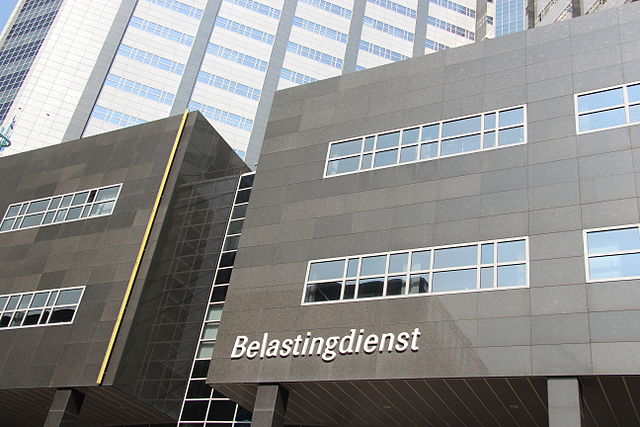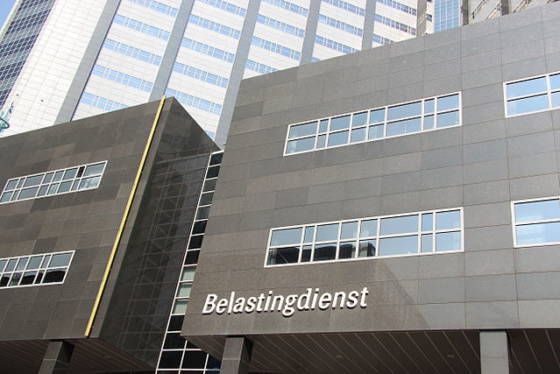No criminal charges to be brought against tax officials in childcare benefits scandal


The Dutch tax office will not be charged with discriminating against parents involved in the childcare benefit scandal after the public prosecution service ruled it had no case to answer.
Prosecutors began a criminal investigation after tax ministers Alexandra van Huffelen and Hans Vijlbrief filed an official complaint against the tax service in May. Legal advisers said there was a ‘reasonable suspicion’ that crimes had been committed.
Thousands of parents were ordered to pay back tens of thousands of euros in allowances to meet the cost of out-of-school childcare after they were deemed to be defrauding the system.
In many cases the accusation was based on minor omissions in paperwork such as a missing signature, but parents were blocked from accessing financial support, barred from applying for benefits in future years and denied any right of appeal. An internal inquiry concluded that the label of ‘deliberate or severe debt’ was wrongly applied in 96% of cases.
Around 11,000 parents were also subjected to extra checks because they had dual nationality, even though municipalities have been barred from recording second nationalities in their citizens’ register to prevent such discrimination.
The prosecution service inquiry focused on whether officials were guilty of systemic discrimination against parents, the vast majority of whom had minority ethnic backgrounds, or a crime known as ‘knevelarij’, which involves the ‘deliberate and wrongful demanding of payments by a civil servant’.
A parliamentary inquiry in the autumn concluded that parents caught up in the affair had been the victims of an ‘unparalleled wrong’ by civil servants, ministers and judges. The inquiry’s scope was limited to exclude the question of discrimination because of the prosecution service’s inquiry.
‘No suspicion of a crime’
‘After careful consideration of the facts and circumstances, the OM [prosecution department] has found no suspicion of criminal activity,’ it said in a statement.
It said civil servants could not be suspected of wrongfully demanding payments because the crime of ‘knevelarij’ only covers payments that are due to public coffers, while the benefits in question were owed to the parents.
The tax office is immune from prosecution as an arm of the state and that protection extends to its employees as long as they observe its policies and protocols, the OM noted. Tax office staff were entitled to believe that they were acting within the rules in demanding repayments from parents, partly because the practice had been endorsed in a judgment by the administrative division of the Council of State.
Dual nationality
The prosecution service also concluded that dual nationality was used to select parents for extra scrutiny, the final decision was made on an individual basis. ‘Nationality no longer played a role in the determination,’ the statement said.
The prosecution service acknowledged that the tax office’s practices ‘had very unjust consequences in many cases,’ but concluded that this was a political matter. ‘The corrective mechanism for policies that are judged in hindsight to be “wrong” does not lie in criminal law in this case,’ it said.
It said parents who still felt aggrieved could appeal directly to the courts to order a criminal investigation under Article 12 of the Dutch penal code.
Thank you for donating to DutchNews.nl.
We could not provide the Dutch News service, and keep it free of charge, without the generous support of our readers. Your donations allow us to report on issues you tell us matter, and provide you with a summary of the most important Dutch news each day.
Make a donation